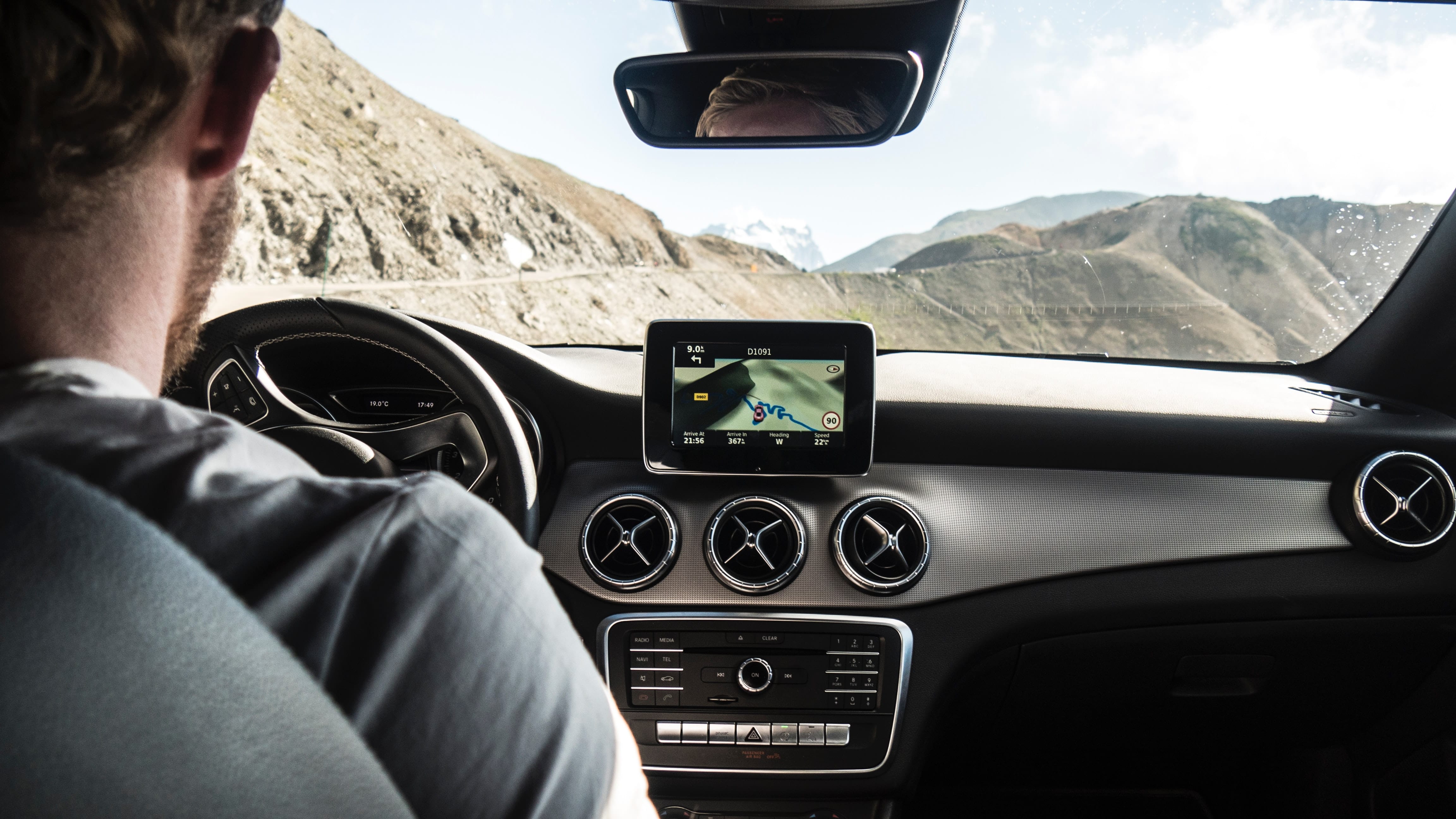EN


February 21, 2020
Connected car technologies enhancing road safety and convenience
Technology and digitalization have a powerful impact on almost all industries and the automotive industry is also among them. It is emerging as the driving force behind smart, connected cars. Connected cars, as well as autonomous or even self-driving, hold great potential to further improve road safety.
Just a quick insight on the current situation within road safety in Europe. According to the surveys and statistics, road safety in Europe has significantly improved. Annual EU fatalities decreased from 54,900 in 2001 to 25,300 in 2017, while the number of cars increased from 200 million to 260 million. In most cases, 90% based on the same survey, human error was the issue. Connected car technologies have all the potential to lower the number of accidents caused by human error.
Currently, all the suppliers of connected car services are primarily trying to meet demands and needs by integrating technologies that could improve these main needs: productivity, safety, security, efficiency. In this article, we mostly covered the safety part of connected vehicle technologies, the way how they have already been enhancing road safety, and what we can expect in the nearest future.

How can connected vehicle services and technologies improve road safety?
Reduction of car road accidents. Connected car vehicle promising to enhance traffic safety and efficiency. Based on the European Files article connected car functionalists already are able to reduce road accidents at 30%.
Data. Superior safety starts with data - data that, when processed, holds the key to unlocking the full potential of connected vehicles. Today vehicles are constantly processing data about themselves, as well as about its drivers and drivers’ behavior. Contextual data such as location, traffic, or weather conditions can be also captured. All this data can be unique knowledge and can increase the power and abilities of connected car services.
Vehicle management. Connected car services that are based on leading industry technologies are able to support and make a significant contribution toward enhancing road safety. Vehicle management simplifies the support part of vehicles and fleets, minimizing operating costs, keeping up to date with servicing.
Connected car solutions. A solution may use collected data from the car to the drivers’ advantage. For fleets, connected software solutions help manage all devices at the same time. For example, a manager can track the location of vehicles using GPS and analyze their condition and schedule maintenance, increasing the safety of vehicles. From the driver’s perspective, it can simplify his daily car-related tasks, by providing access to more relevant information while being on the road. For example, guidelines for faster, safer, more economical driving based on data collected from the vehicle and the information displayed about repair and maintenance.
Potential of preventive maintenance. It describes a service provided by the real-time processing of data within the vehicle to monitor the health state of certain vehicle components. A car equipped with sensors on different components monitoring the status of the system. These sensors collect and analyze the health and working conditions of various parts of the car and send this data to a centralized system. After all, the data received from these connected vehicles can be analyzed additionally, and if any maintenance is required, there can be submitted a service request and broadcasted either to the vehicle owner, fleet manager or directly to the auto garage, maintaining this vehicle. This technology increases drivers’ safety, by increasing long-term monitoring of the car components and ensures long-lasting functionality.
What can drivers expect from connected cars in the future?
As the future of connected cars progresses along the inevitable path toward fully autonomous vehicles, in the future connected smart vehicles will communicate with other vehicles and roadway infrastructure. Many car manufacturers are already exploring ways of implementing intelligent transport systems. They will use real-time traffic data to anticipate problems, make better decisions, and sync their speed, taking advantage of space. Meanwhile, drivers will be aiming to be just passengers, enjoying the ride.
⠀⠀
Connected car technologies, automated processes and smart management help reduce delays and human errors, conserve resources, improve connectivity and improve customer service. Many safety capabilities are not limited only to new vehicles but can be already extended to cars on our roads today, for example, with help of OBI+’s suite of connected car services that are designed to simplify car-related tasks, increase vehicle’s productivity, safety, and convenience.